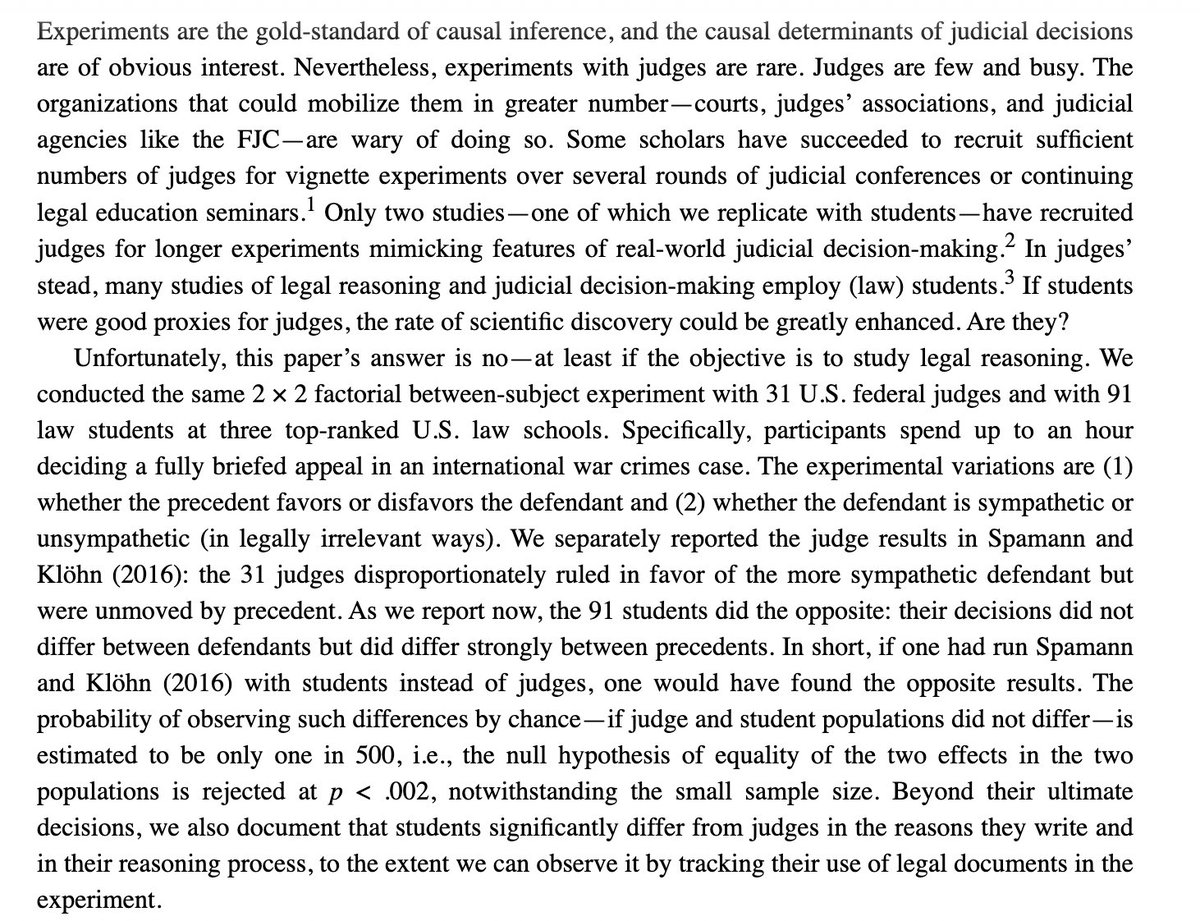I'm not one to defend Trump, but I disagree w/the many claiming that Trump said there would be no more elections if he wins. I hear him more as just saying he'll do such a fantastic job he'll save the country so the stakes of future elections will be a lot lower.
https://twitter.com/grantstern/status/1817019182568861863
Responses to this tweet are sad. As my followers know, I despise Trump, and I criticize him almost every day and have since 2015. He is an authoritarian, and he flirts with fascism; I urge you to vote against him and save America.
But that doesn't change this clip! Trump says horrible stuff every day; we don't need to pretend that every word out of his mouth is equally horrible. Don't lose the plotline, folks.
But that doesn't change this clip! Trump says horrible stuff every day; we don't need to pretend that every word out of his mouth is equally horrible. Don't lose the plotline, folks.
Incidentally, if you are horrified by my reaction — at the concept of actually watching the video to see what the video contains, and not just running with your tribe's chosen message — you are invited to unfollow me, or, if you don't follow me, mute or block me. I won't mind.
As an aside, after condemning Trump for the last 9 years, it's pretty amusing to see replies that I am shilling for Trump (apparently to get a job in the Trump admin? Lol). 

• • •
Missing some Tweet in this thread? You can try to
force a refresh











